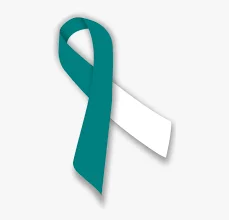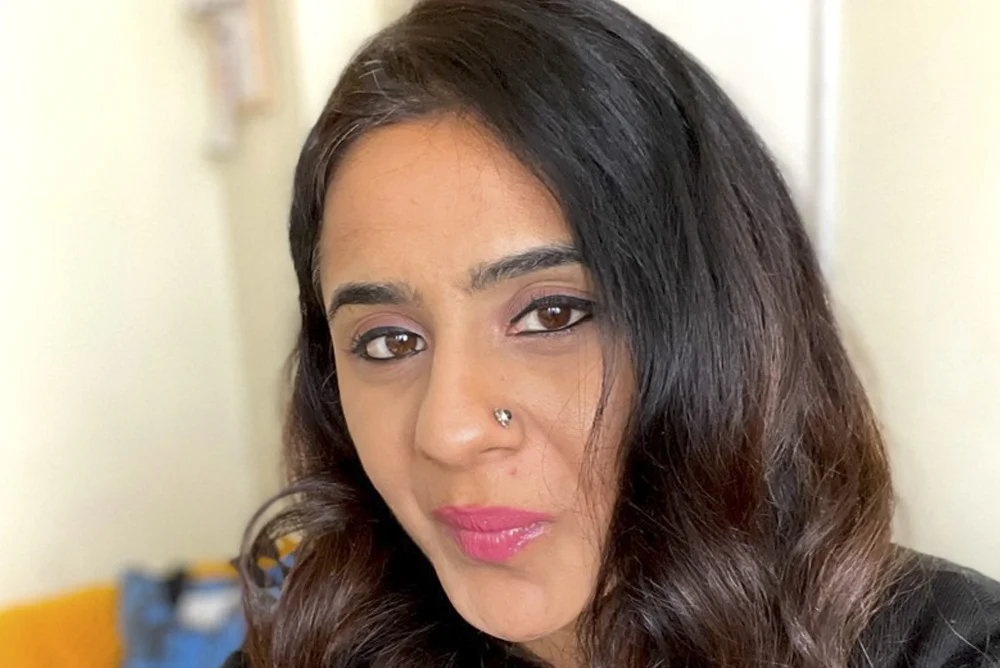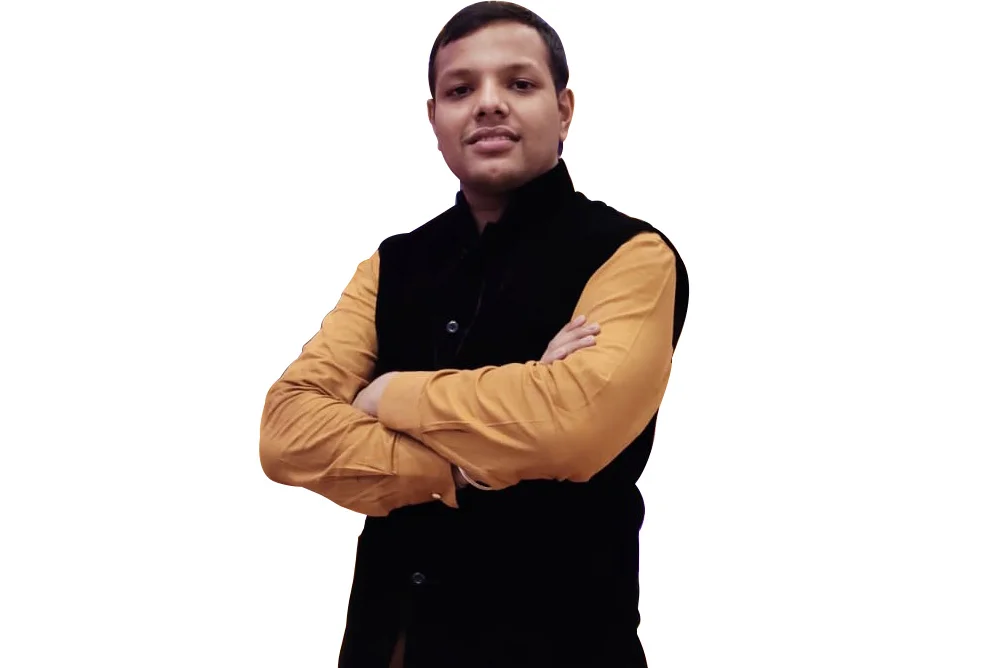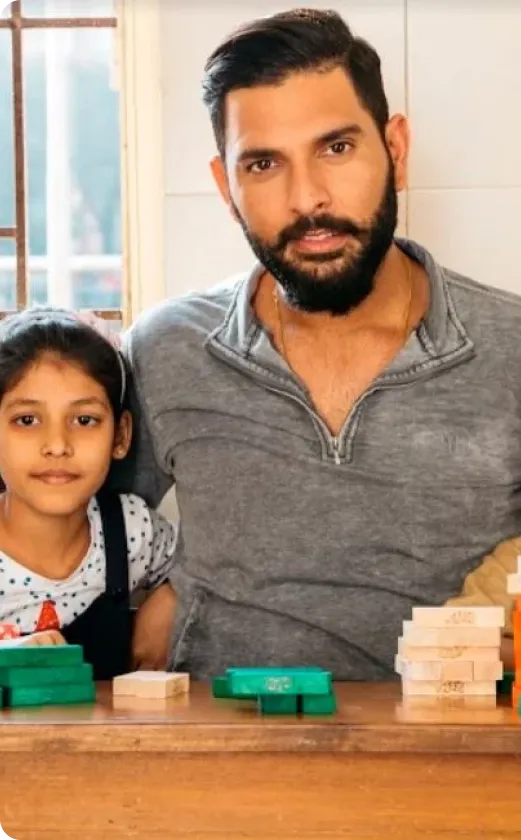

IS YOUR LIFE WORTH JUST TOBACCO ASH?
POSTED ON 07 December, 2022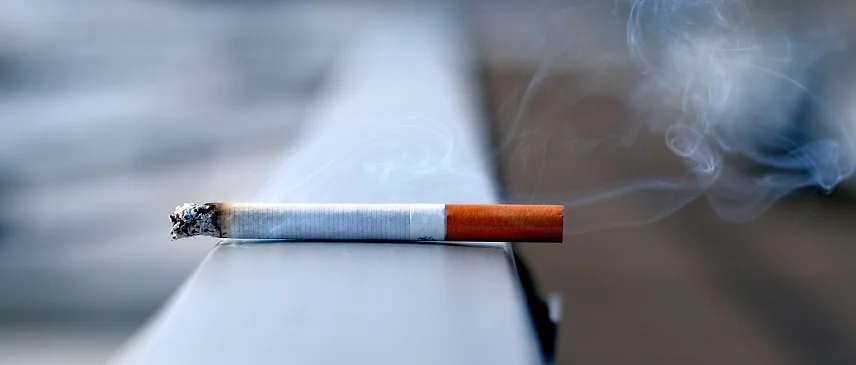
Generally, cancer in any part of the body is a condition in which cells start to divide at abnormally and uncontrollably; and invade other tissues. Through our blood and lymphatic system, which is responsible to clear out toxins from our body; cancer cells from one part can spread to other parts of the body. Most common symptoms of cancers include a Thickening or lump in any part of the body, Weight loss or gain with no known reason, a sore that does not heal, Hoarseness or a cough that does not go away, a hard time swallowing, discomfort after eating, changes in bowel or bladder habits, unusual bleeding or discharge, feeling weak or very tired.
November is celebrated as the “Lung Cancer” awareness month. Unfortunately, it is the second most common cancer and a leading cause of cancer deaths in men and women worldwide.
Smoking is the one number reason for its causation. In India, cigarettes, bidis, hukka/ water pipes, cigars and many other culturally acceptable forms like hukli, reverse smoking etc. are used. Tobacco smoke is a poisonous mix of 7000 chemicals, out of which nearly 70 are known to cause cancer.
People who smoke cigarettes are 15 to 30 times more likely to get lung cancer or die from lung cancer than people who do not smoke. Even smoking a few cigarettes, a day or smoking occasionally increases the risk of lung cancer. The more years a person smokes and the more cigarettes smoked each day; the more risk goes up.
Second hand smoking which means being in the presence of someone who smokes can also increase the odds of getting lung cancer. When a person breathes in second hand smoke, it is like he or she is smoking.
The cancer-causing agents in the tobacco smoke cause an uncontrolled growth of abnormal cells in the lung, leading to the formation of a tumour. Some of these chemicals inhibit and damage the normal cleaning process by which the lungs get rid of foreign and harmful particles. Smoke destroys an important cleansing layer in the lungs, which in turn causes a build-up of mucus. The result is “smokers’ cough,” an alternative method for the lungs to try to clean themselves.
Lung cancer symptoms include cough, chest pain, weight loss and sometimes the spitting up of blood or bloody mucus.
When people stop smoking, the risk of lung cancer starts to decrease. Ten years after quitting, the risk of lung cancer is about one-third to one-half of that of a smoker. People who quit, even at middle age, avoid much of the future risk associated with smoking. The earlier someone quits, the greater the long-term benefit. Quitting smoking is more effective than other measures to avoid the development of lung cancer and other smoking-related diseases. Treatment for lung cancer can involve surgery, chemotherapy, radiation or a combination of treatments.
